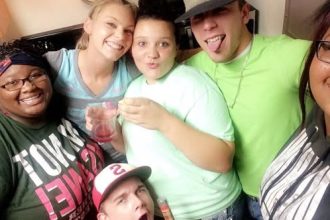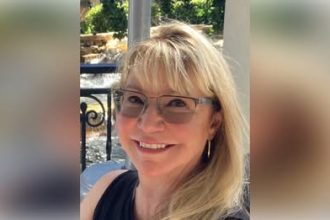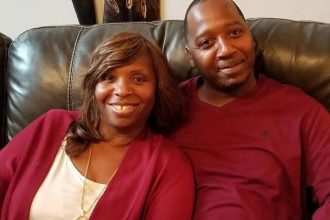The quiet Monday morning could not mask the grief in the heart of the Archer Heights neighborhood on Chicago’s Southwest Side, where 17‑year‑old Rodrigo Franco was killed while he was simply doing his job. Just after 7 p.m. on Sunday, Rodrigo was working inside a Burger King restaurant in the 4000‑block of South Pulaski Road when the unimaginable happened: a Jeep pulled up, shots rang out, and his life was cut short.
According to the Chicago Police Department, the vehicle drove up outside the restaurant in Archer Heights and one person inside opened fire into the building, striking Rodrigo in the head. He was rushed to Mount Sinai Hospital in critical condition, but despite efforts, he was pronounced dead.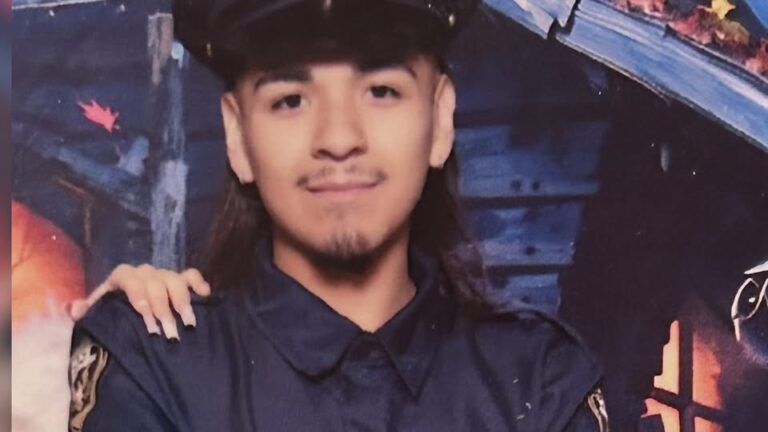
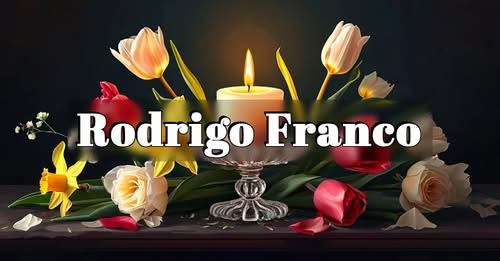
In the wake of his loss, friends and family remember Rodrigo as the kind of kid who greeted the day with coffee at dawn with his mom, loved playing soccer and video games, and carried hopes of a brighter future. His mother told reporters her son brought light, joy and promise to her life—and that he was simply working and living his teen‑life when tragedy struck. (These personal details were part of earlier coverage.)
Officials say the shooter fled the scene and hasn’t been apprehended; no arrests have been made as of now. The case is being handled by Area One detectives with the Chicago Police Department. Investigators are asking anyone with information to submit anonymous tips through cpdtip.com.
In the wake of the tragedy, the Archer Heights community is reeling. Neighbors stand stunned that such violence could touch a young life in a familiar space—a fast‑food restaurant, a job shift, a teenager doing what so many Chicago youth do to support themselves and their families. People are lighting candles, posting memories on social, and trying to make sense of how a night of work became a scene of irreversible loss.
For Rodrigo’s loved ones, the pain of ‘what should’ve been’ is heavy. They talk of a future he never got to live: high school graduation, maybe college or a trade, milestones we often take for granted. Instead, they’re left to hold onto coffee‑morning memories, video game competitions, soccer practices, all the while grieving a son, a brother, a friend.
Rodrigo’s story is a painful reminder of how quickly lives can change—and how communities are deeply affected by gun violence that strikes without warning. He will be remembered as a dedicated worker, as playful and loving, a teenager with dreams that vanished far too soon. The call now is for accountability, for someone to come forward, and for healing to begin in a neighborhood that gave him a chance to live and work.
Rest in peace, Rodrigo Franco. Your warmth, kindness and light will forever be remembered by all who knew and loved you.

